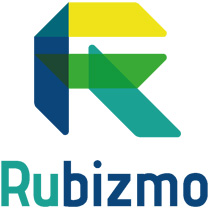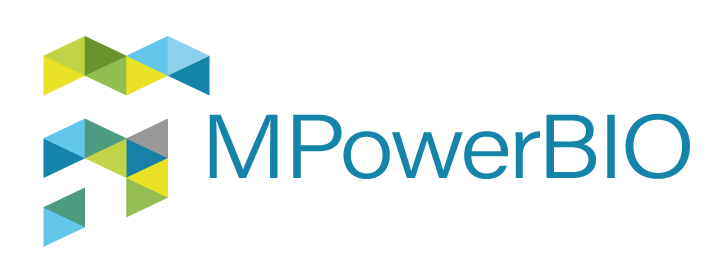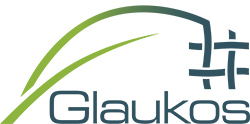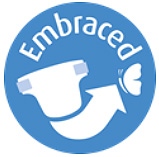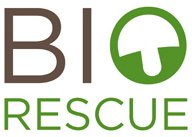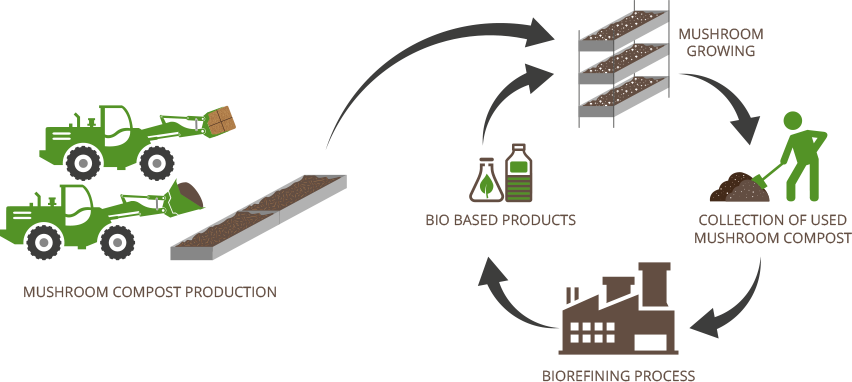SCALIBUR project
Project concluded
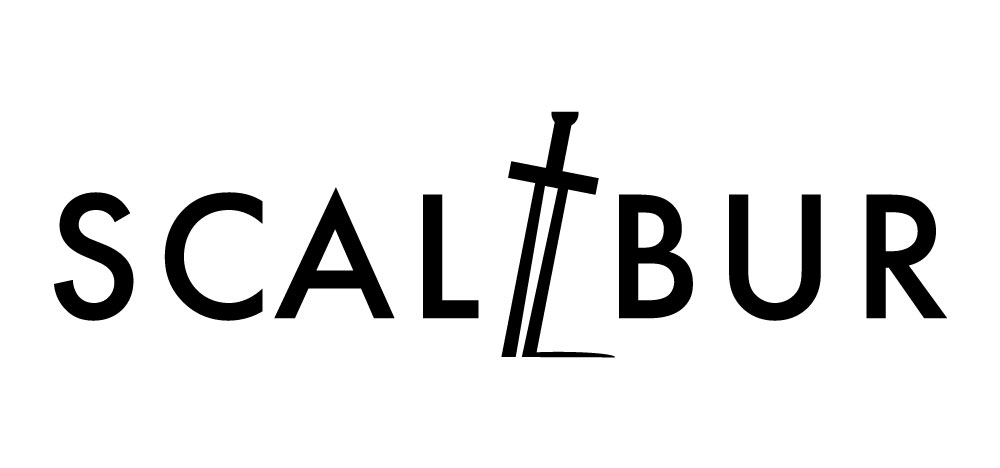
Challenge
In the EU over 100 million tonnes of biowaste are thrown away each year. Currently 75% of this goes to landfill or is incinerated, causing major environmental problems: biowaste produces greenhouse gases when it decomposes and contaminates soil and groundwater. Landfilling of biowaste goes against the principle of a circular economy and is a waste of nutrients, energy and potential resources for biobased products.
Solution
In the SCALIBUR project, leading waste management companies, technology developers and research organisations have teamed up with four European cities to demonstrate innovative solutions to transform urban food waste and sewage sludge into high value-added products, helping cities to increase their recycling rate and creating new circular economy business opportunities.
Contacts: James Ling: j.ling@greenovate-europe.eu
Capucine Pineau c.pineau@greenovate-europe.eu



